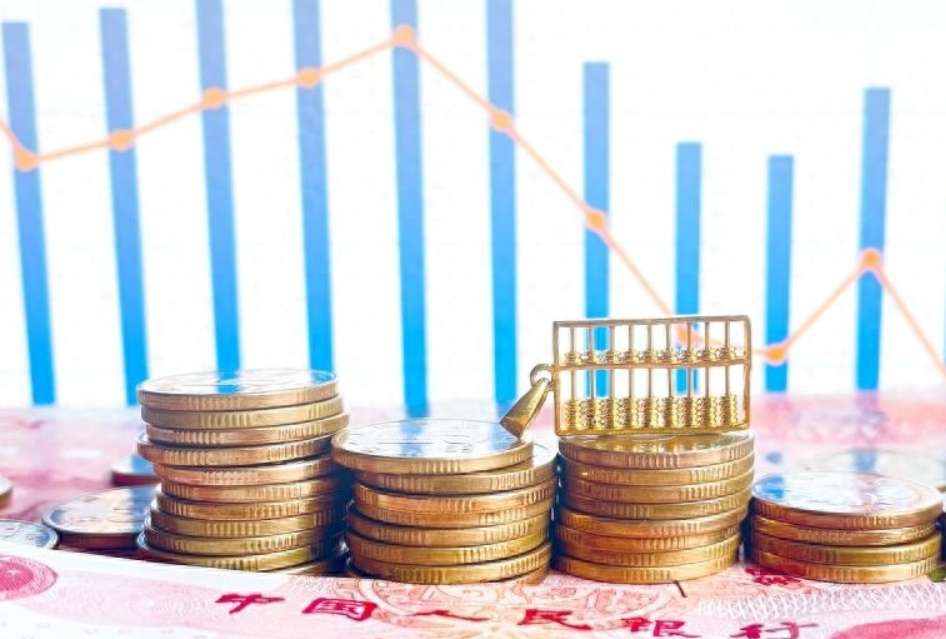The recent corporate developments at TCL Zhonghuan, a leading player in the solar industry, has raised eyebrows among investors and analysts alike. On the evening of May 23, the company unexpectedly announced a significant reduction in its convertible bond issuance from a previously planned amount of 138 billion yuan (approximately $20 billion) to a mere 49 billion yuan (roughly $7 billion). This drastic move signals a strategic shift in response to current market conditions and reflects broader trends in the solar sector.
With a nearly 90 billion yuan cut, the implications are vast. This announcement arises amidst a backdrop where the solar industry has seen capacity reach saturation since the last quarter of 2022. Price reductions have surged across the entire supply chain, leading to financial strain for many companies involved in solar energy production. TCL Zhonghuan, which focuses on monocrystalline silicon research and manufacturing, has not been immune to these challenges. The company's reported revenues heavily rely on photovoltaic silicon wafers, which accounted for over 70% of its total income by the end of 2023.
As these changes unfolded, stock markets reacted correspondingly. On May 24, TCL Zhonghuan's stock closed at 11.38 yuan per share, signifying a 0.7% decline, with a total market valuation of approximately 46.01 billion yuan. The decline in stock price reflects investor sentiment in light of the company's strategic refinements and the ongoing turbulence in the solar energy market.
Founded in 1998 and listed on the Shenzhen Stock Exchange in 2007, TCL Zhonghuan has established itself as a key player within the solar PV sector. Its history of innovation is extensive; however, the latest plans for the bonds were first announced in April 2023. At that time, the company unveiled its plan to use the raised funds for two significant projects: a high-purity solar cell factory capable of producing 35 GW and another factory implementing advanced TOPCon technology, projected to generate 25 GW of solar cells. Yet, the recent retraction of its bond issuance aligns with pressures the company faces, emphasizing its need for financial prudence.

The question of why a company with such ambitious expansion plans would now retract from financing becomes even more pertinent. Industry experts have pointed out that this decision can be attributed to the current market dynamics as well as a notable dip in profitability. According to analyses, since last year, the pricing within the supply chain has continued to decline, leading to increased operating costs and diminished profit margins for key players like TCL Zhonghuan.
In hindsight, the firm's earlier plan to issue 138 billion yuan worth of convertible bonds raised eyebrows when the Shenzhen Stock Exchange swiftly requested explanations regarding the necessity of such substantial fundraising efforts. The inquiries posed by the Exchange demanded comprehensive justifications not just for the funding needs but also for the projected investments and their anticipated returns. TCL Zhonghuan spent months crafting their responses while undergoing closer scrutiny from regulators. However, even as they continued responding to inquiries throughout mid-2023, the eventual silence regarding the bond issuance until May 2024 ultimately left investors cautious about the company's future strategies.
Subsequently, with the downscaled bond size being announced, it became clear that the planned production output for the solar cells has also been halved. The factory that was to produce 25 GW is now limited to 12.5 GW, and the investment earmarked for this project has plummeted alongside the overall funding. While TCL Zhonghuan has not publicly clarified the motives behind these adjustments, the financial pressures and broader economic landscape seem to contribute significantly to the company's pivot.
It’s worth noting that amid these financial reallocations, TCL Zhonghuan has been under scrutiny for their fiscal decisions regarding cash management. Just prior to the reduced bond issuance, TCL announced a financial management plan aimed at allocating up to 100 billion yuan into relatively secure investment products. As this raised skepticism among investors, many voiced their concerns about the company prioritizing financial management over reinvesting into core business operations. Dissenting opinions emerged questioning the necessity of such financial ventures when fundamental business growth seemed imperative.
In tandem with its investment strategy, TCL Zhonghuan's stock market performance has been less than stellar. The company’s stock price peaked in July 2022 but has since experienced a steep decline, depreciating more than 80% within two years. As investors remain restless, some argued that the company should focus on share repurchases to boost confidence among shareholders rather than solely pursuing financial maneuvers that appear detached from long-term growth strategies.
Moreover, the pressure is further compounded by technological advancements in the solar industry, which necessitate an intricate balance amid aspirations for scaling production. Market analysts have indicated that the pace of innovation within the industry is formidable. For example, a shift from P-type to N-type technology is forecasted to redefine market standards, with the latter projected to capture a substantial market share by the upcoming year, doling out competitive advantages to those who swiftly adapt. Companies sticking stubbornly to outdated technologies may face economic rejection due to rapidly evolving consumer expectations and product standards.
As TCL Zhonghuan continues its navigation through this turbulent economic phase, marked by operational losses and strategic realignments, its future may greatly hinge on how effectively it addresses and adapts to both internal and external pressures. With slow but deliberate adjustments in expansion strategies paralleling financial reorganizations, the company must ultimately determine how to sustain its robust market presence while simultaneously nurturing stakeholder trust and investor optimism.